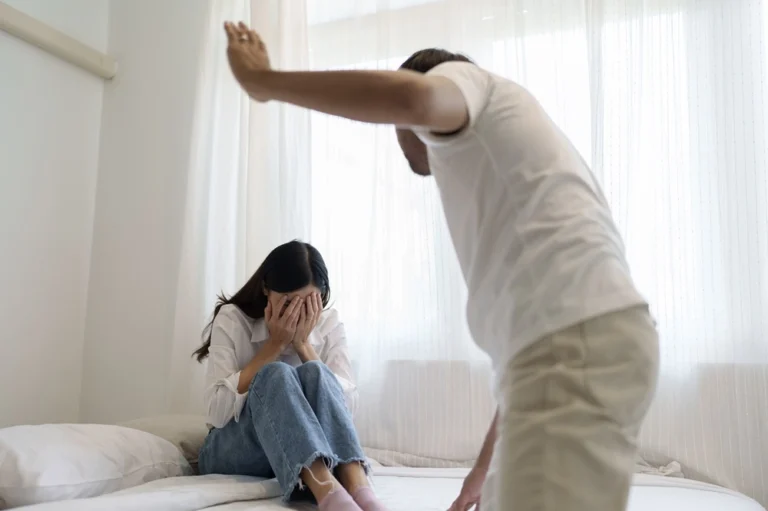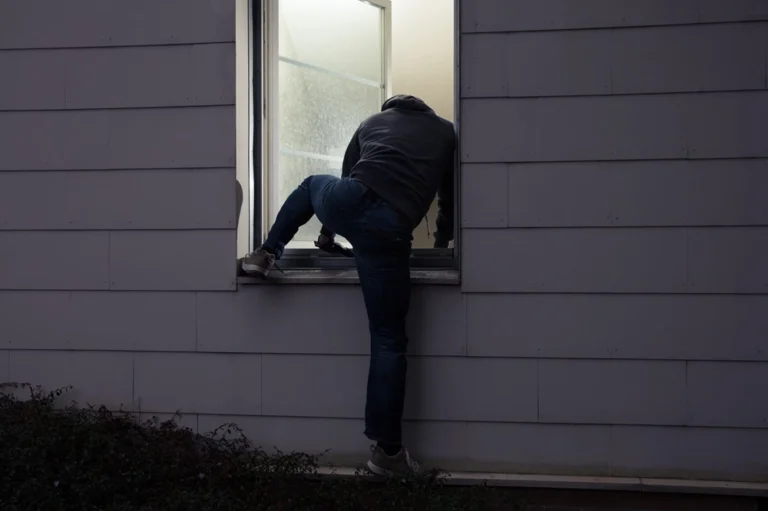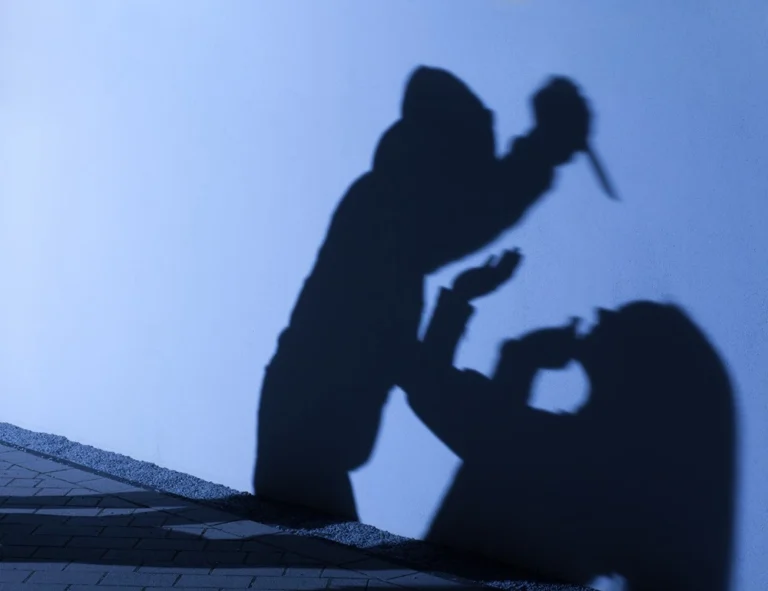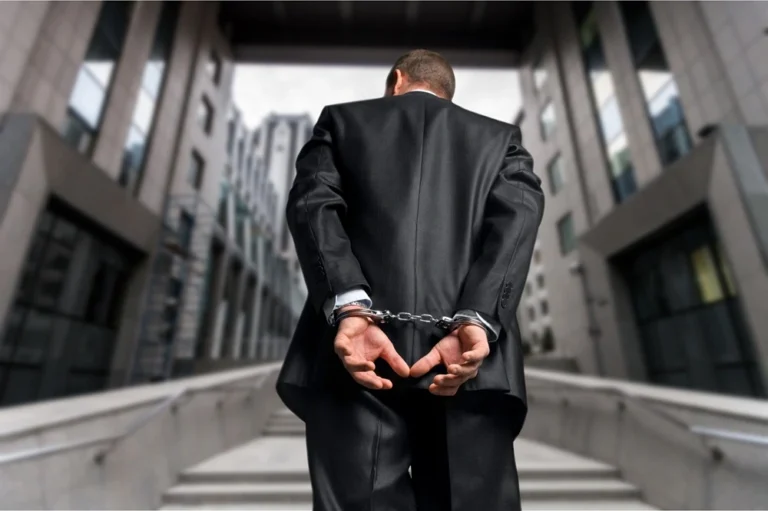Facing Charges in Piqua? You’re Not Alone — Crime Rates Demand Legal Help.
While Piqua is a close-knit community, the city unfortunately faces higher crime rates compared to other communities of similar size. With a crime rate of 34 per 1000 residents, Piqua ranks among the cities with the highest crime rates in America. In fact, more than 95% of cities in Ohio have a lower crime rate than Piqua. These elevated rates, largely driven by property crime, mean residents and visitors alike have an increased risk of becoming a victim of a crime, with a 1 in 30 chance of experiencing property crime. Meanwhile, the risk of encountering violent crime is a concerning 1 in 278.
Piqua Violent Crimes
| Murder | Rape | Robbery | Assault | |
|---|---|---|---|---|
| Report Total | 0 | 27 | 8 | 39 |
| Rate per 1,000 | 0.0 | 1.31 | 0.39 | 1.89 |
Piqua Property Crimes
| Burglary | Theft | Motor Vehicle Theft | |
|---|---|---|---|
| Report Total | 75 | 506 | 36 |
| Rate per 1,000 | 3.64 | 24.55 | 1.75 |
In this environment, having skilled legal counsel on your side is more crucial than ever. Gounaris Abboud, LPA is committed to defending the rights and protecting the futures of individuals facing criminal charges in Piqua.
Your Rights When Facing Criminal Charges in Ohio
You have fundamental rights when you face arrest and prosecution, regardless of your race, sex, or immigration status. As you deal with the criminal justice system, you deserve a fair process with a defense attorney to advocate for your interests.
When the police investigate you for a crime in Ohio, you have the right to refuse to answer questions and have an attorney present during the questioning. Officers can employ many unfair tactics, including lying to you, as long as they do not coerce you. A lawyer can help you resist these tactics.
The police must obtain a warrant to search your property or arrest you unless the search or arrest falls into a Constitutional exception. A key concept in the reasonableness of searches and seizures is “probable cause.” Without it, the search or arrest may be illegal and lead to the exclusion of evidence or a dismissal of the charges.
Additionally, you have the right to legal counsel to develop your defenses and present them in a courtroom. When you meet with an attorney, they will discuss your legal risks and the defenses you can raise. This discussion allows you to make informed decisions about defending your case.
Your Guide to the Piqua Municipal Court

After an arrest, your first courtroom appearance includes an arraignment and bail hearing. The Miami County Municipal Court handles misdemeanor arraignments, while the Miami County Court of Common Pleas handles felonies.
In either scenario, a judge manages cases and makes legal rulings. The judge will inform you of your charges and ask you to enter a plea. A prosecutor and your defense attorney will present arguments on whether you should be released on bail. The prosecutor represents the government and argues the case against you. The defense lawyer represents you as you fight the government’s case.
The judge will hold several pre-trial hearings to determine what evidence and arguments can be presented at trial. At trial, each side presents evidence to a jury. Prosecutors must persuade jurors of your guilt beyond a reasonable doubt for a conviction. If you are convicted, the judge will hear evidence to decide your sentence.
Plea Deal vs. Going to Trial: Making the Right Choice for You
Your case can end in a few different ways. For example, the prosecutors might dismiss the charges against you, or you might get acquitted at trial. Both outcomes are positive for you.
You could also go to trial and get convicted. This could result in a lengthy jail or prison sentence, fines, and other punishments. A possible alternative to this outcome is a plea bargain.
In a plea deal, both sides compromise to resolve the case without going to trial. You agree to enter a guilty plea, and the prosecutors usually agree to reduce the charges, dismiss certain charges, or recommend a lighter sentence.
You can benefit if you accept a plea bargain because you avoid a trial and sentencing on the charges. Jurors can be unpredictable, and you could face the most severe punishment. However, the drawback is a criminal conviction on your record.
Choosing between a trial or a plea bargain depends on many factors, including the deal offered. Every case is different, so an attorney’s strategic advice and counsel are critical.
The Impact of a Criminal Conviction — Protect Your Future

A criminal conviction can affect every aspect of your life. Your sentence could include imprisonment and fines. Depending on the charges, you might also be subject to a driver’s license suspension, a no-contact order, or an order to pay victim compensation.
After conviction, you may have a criminal record that could interfere with your ability to get a job, rent a home, or acquire and keep a professional license. You may lose your voting rights until your sentence ends, and you could permanently lose your right to possess a firearm. If your charges included sex crimes, you may be required to register as a sex offender.
Since your charges determine your sentence, it’s often crucial to fight or reduce the charges as hard as possible.
Gounaris Abboud’s Approach: Strategic, Effective, Client-Focused
Our team takes a strategic, multi-step process for handling your case. This process ensures you have a defense tailored to your circumstances and goals.
First, we start with an investigation by listening to your side of the story and gathering evidence and witnesses to prepare your defense.
Our attorneys then conduct negotiations with prosecutors to dismiss charges or reach a deal that protects you from the most severe punishments.
If a fair deal cannot be reached, we go to litigation before a judge or jury to break down the prosecution’s case and present mitigating evidence.





















